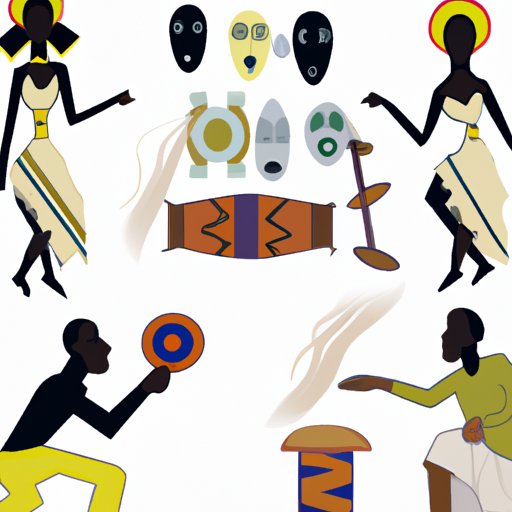


African tradition is diverse and varied, with over 1,000 languages spoken throughout the continent and each ethnic group with its very own customs, traditions and beliefs. However, some generalizations can be made about gender roles in African societies.
Historically, African societies had been patriarchal, with men having the most power and authority. But the function of women was once also important, and they played an essential role in the community. African societies are frequently organized round extended families and clan-based kinship systems.
Women in these societies are accountable for keeping these kinship relationships. This consists of nurturing relationships with extended families, offering emotional support, and upholding family traditions and customs.
In many African societies, men are accountable for providing for their families. This accountability is often considered as a man’s most vital duty. In ordinary societies, this intended providing food, shelter and shelter for the family. Men had been frequently farmers, hunters, or warriors, and their roles had been described by their ability to provide for their families. Women’s roles, on the other hand, had been often centered on presenting for the family. This includes cooking, cleaning and caring for children. Women have been also responsible for collecting meals such as fruits, vegetables, and firewood, and frequently played an important role in agriculture. In some societies female have been also involved in trade and commerce, such as selling goods in nearby markets.
In many African societies, gender roles are defined by way of age and stage of life. For example, boys are often in charge of raising livestock, whilst girls learn family competencies such as cooking and cleaning. As boys grow older, they are expected to take on greater responsibilities and provide for their families, while girls pay attention on getting married and starting families of their own.

In many African societies, men and women also have different roles in community leadership. Men are regularly considered as community leaders and expected to fill roles such as chiefs, elders, and religious leaders. Women, on the other hand, are frequently involved in community development projects, such as education and health initiatives, and are also involved in social and cultural activities. In some African societies, gender roles have evolved over time and women are taking on greater distinguished roles in society. Women are increasingly taking leadership positions in education. In many African countries, ladies are also better trained and an increasing number of getting into the labor market.
But gender equality in Africa still faces many challenges. Women frequently face discrimination and violence, and many ladies are denied get right of entry to to education. Gender-based violence is a important problem in many African countries, and efforts to address the hassle have lagged behind. Moreover, cultural beliefs and practices that foster gender inequality are frequently entrenched and difficult to change.
In summary, the roles of men and ladies in African cultures differ from society to society and are frequently influenced by means of factors such as age, life stage, and neighborhood traditions. women have additionally played an essential function in preserving kinship ties and growing communities. However, gender equality in Africa nonetheless faces many challenges and efforts to increase gender equality need to be persevered and sustained.
Article by Michelle Ikaan
HS English Teacher

We are the only international school in Nigeria that offers 100% Ontario Ministry of Education approved Canadian (Ontario) curriculum from Grade 1 through 12.

 Copyright 2025 Canadian Bridge Academy | All rights reserved.
Copyright 2025 Canadian Bridge Academy | All rights reserved.